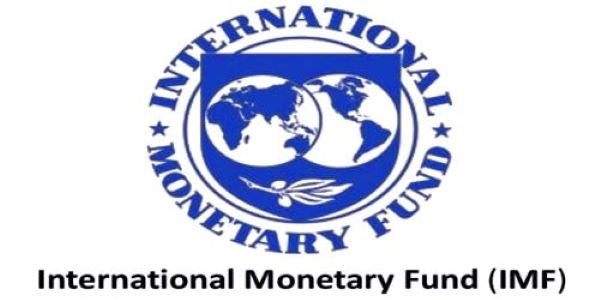The October 2020 Global Financial Stability Report (GFSR) released by the International Monetary Fund indicates that unprecedented policy support provided in the course of the coronavirus pandemic has reduced exposure to risks making it a “game changer”.
The IMF emphasized that the execution of exceptional policy support amidst the pandemic “has lessened risks to financial stability and bought time for country authorities to take steps to address the health crisis and contain its economic fallout”.
“Unprecedented policy actions taken in response to the pandemic have been successful in boosting investor sentiment and maintaining the flow of credit to the economy. Central banks’ interventions have stabilized key markets by lifting investor risk appetite through both anticipated and actual central bank demand for safe and risk assets”.
According to the IMF, most central banks in emerging markets have secured assets to either “stabilize their local currency bond markets” or “to ease domestic financial condition”.
These policy measures, however, may have inadvertent consequences such as the overextension of asset valuations or stimulating financial vulnerabilities particularly, if these policies remain in place for a lengthier period and investors become accustomed to them, the IMF opined.
“These considerations should be taken into account as central banks plan for the eventual withdrawal of support”.
The IMF intimated that as a result of continued policy support, global financial conditions have continued to be accommodative since the second quarter. More so, low interest rates and risk asset market recovery in developed economies have assisted in further easing in their financial conditions.
“With nominal yields already at low levels, central bank measures have driven real yields down to historic lows”.
“While the decline in real yields has mechanically pushed up inflation breakevens (given stable nominal yields), this appears to have been driven in part by liquidity and technical factors”.
“Market-implied inflation expectations for the near to medium term have recovered since the March sell-off but remain slightly below pre–COVID-19 levels”.
“In other emerging markets (excluding China), financial conditions have generally eased since June, more so in emerging market economies in Asia and Latin America than in those in Europe, the Middle East, and Africa”.

Also, in several emerging markets, external spread lingers above pre–COVID-19 levels, indicating a decline in domestic economic activity as a result of the imposition of numerous restrictions that are gradually being eased as we inch to the end of the year, the IMF added.
“IMF staff analysis, using the fundamentals-based JP Morgan Emerging Market Bond Index Global model, shows that the key driver of widening of spreads in 2020 has been the deterioration in domestic factors, following the deep and sudden recession in most economies”.
Finally, the IMF cautioned that “several possible developments could delay the recovery and lead to worse-than-expected growth outcomes, putting financial stability at risk. A resurgence of the virus in some countries may require partial lockdowns and more prolonged social distancing, leading to job losses and renewed pressures on corporate and financial sector balance sheets. Policy missteps, such as a premature withdrawal of policy support, could trigger investor reassessment of risks, market turbulence, and tightening of financial conditions”.




















